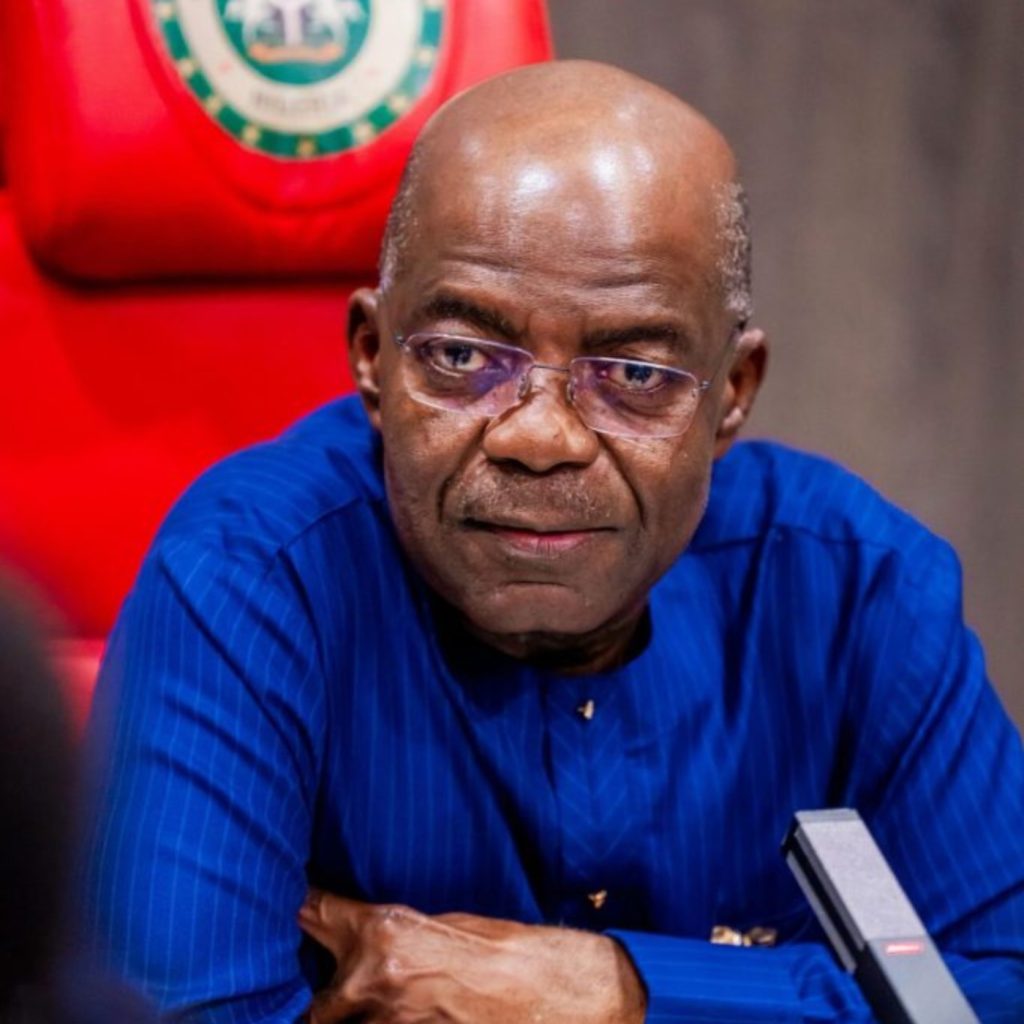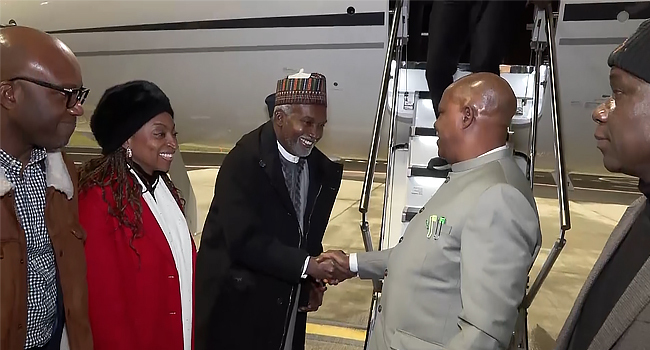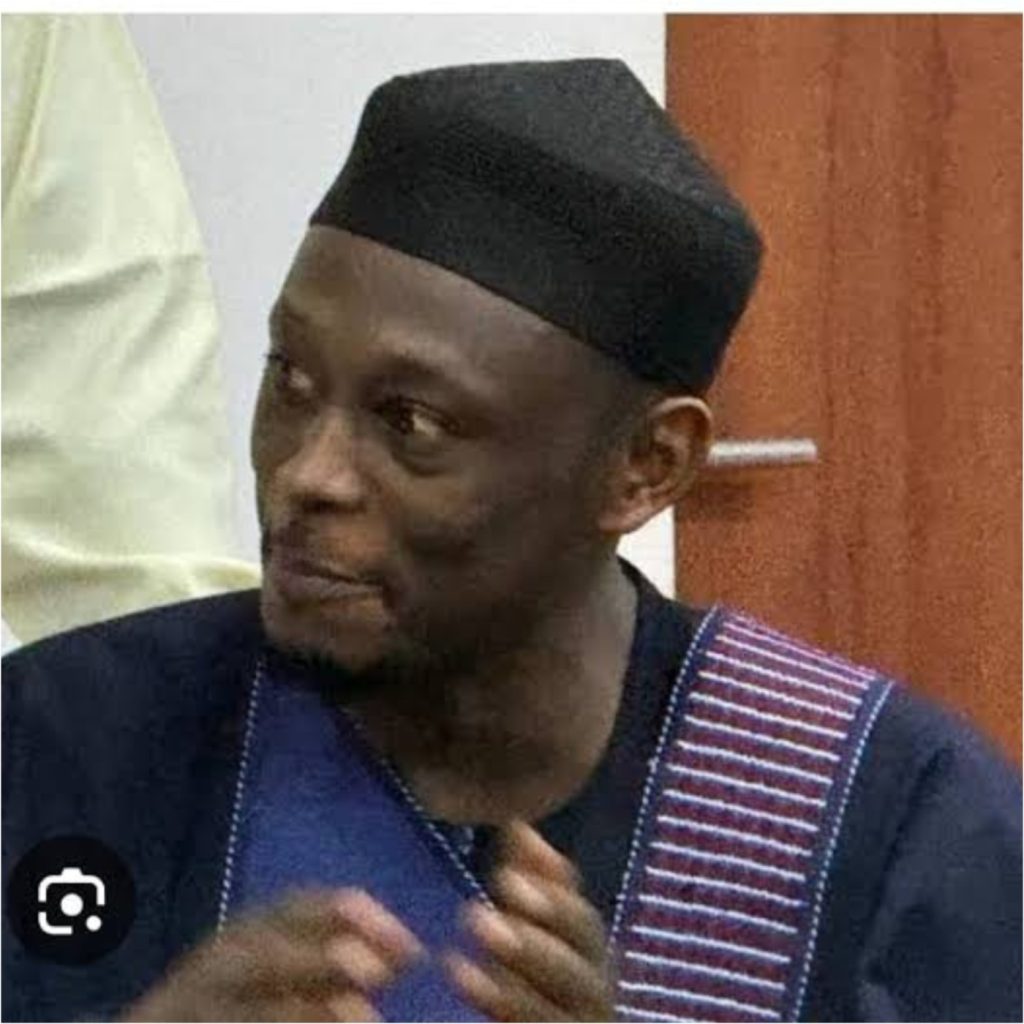Nigeria’s Path Forward: A Call for New Leadership
In a bold and thought-provoking statement, Hakeem Baba-Ahmed, former Special Adviser to President Bola Tinubu, has urged prominent politicians to step aside and allow a new generation of leaders to take the reins. Specifically, he suggested that former presidential candidates Peter Obi of the Labour Party and Rabiu Kwankwaso of the New Nigeria Peoples Party should not run for the presidency in 2027. This call to action also extends to President Tinubu and former Vice President Atiku Abubakar, as Baba-Ahmed believes their generation has "played itself out" and no longer has anything meaningful to offer Nigerians.
In an interview with Trust TV, Baba-Ahmed emphasized the need for a new lease of life in Nigerian politics, stating, "This particular generation has played itself out, they really have nothing to offer this country." He expressed concern that the current political landscape is characterized by bitterness and a "winner takes all" mentality, which can lead to leaders being more focused on maintaining power than serving the nation. Baba-Ahmed’s words highlight the urgent need for a shift in Nigeria’s political paradigm, one that prioritizes the country’s future over personal interests.
Baba-Ahmed also criticized the conventional wisdom that presidents must serve two terms, questioning the rationale behind this expectation. He recalled how various groups, including the Northern Elders Forum (NEF), Ohanaeze, and Afenifere, had opposed former President Buhari’s bid for a second term due to his underperformance. Baba-Ahmed argued that this kind of thinking, where leaders feel entitled to eight years in power regardless of their performance or health, is "poisoning" Nigerian politics and hindering the country’s progress.
The implications of Baba-Ahmed’s statements are far-reaching and timely. As Nigeria navigates its complex political landscape, it is essential to consider the role of leadership in shaping the country’s future. The call for new blood and fresh perspectives is not unique to Nigeria, but it is particularly pressing in a nation where the same political figures have dominated the scene for decades. Baba-Ahmed’s words serve as a reminder that the country’s progress should be the top priority, rather than the interests of individual politicians.
In conclusion, Hakeem Baba-Ahmed’s plea for a new generation of leaders to emerge in Nigerian politics is a poignant reminder of the need for change and renewal. As the country looks to the future, it is crucial to heed Baba-Ahmed’s words and prioritize the nation’s interests above all else. By doing so, Nigeria can break free from the shackles of outdated politics and forge a new path forward, one that is characterized by visionary leadership, inclusivity, and a commitment to the well-being of all citizens.



